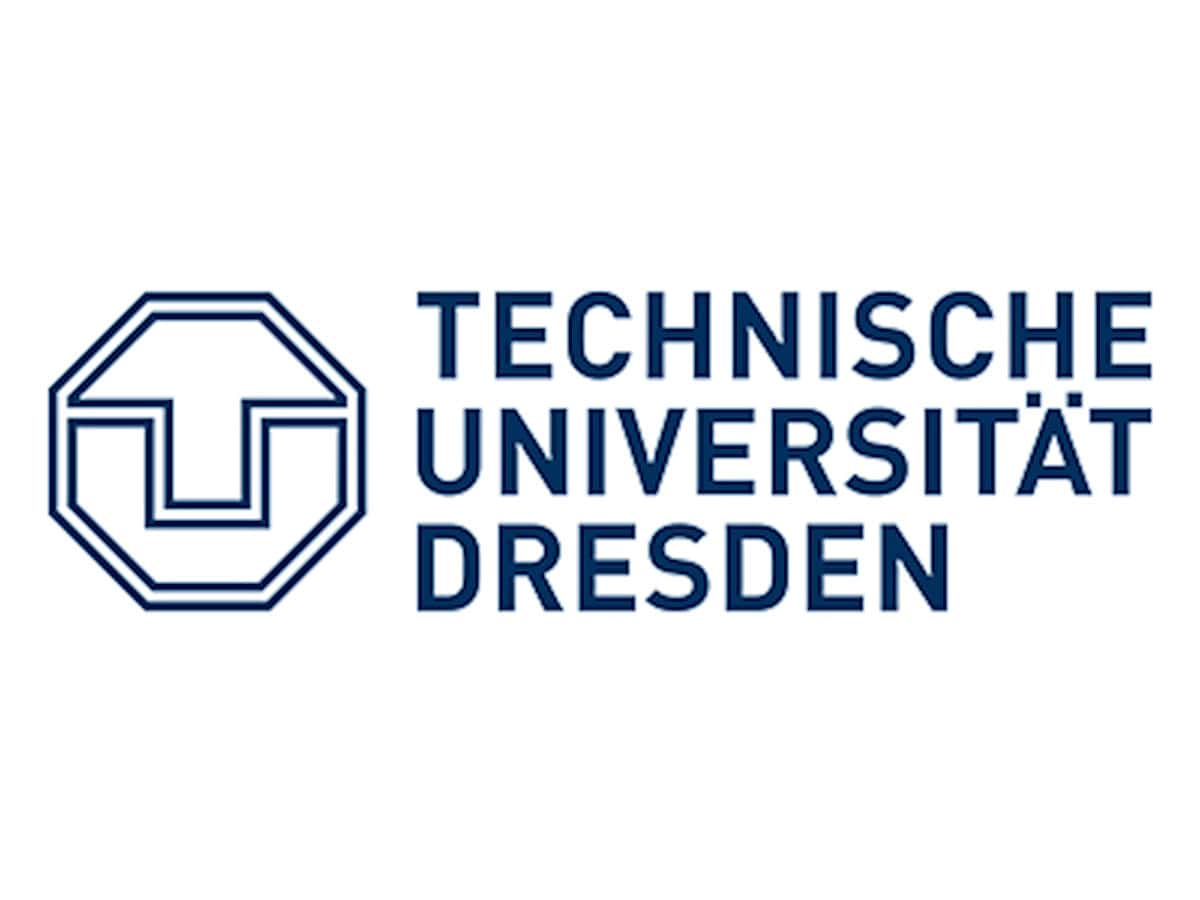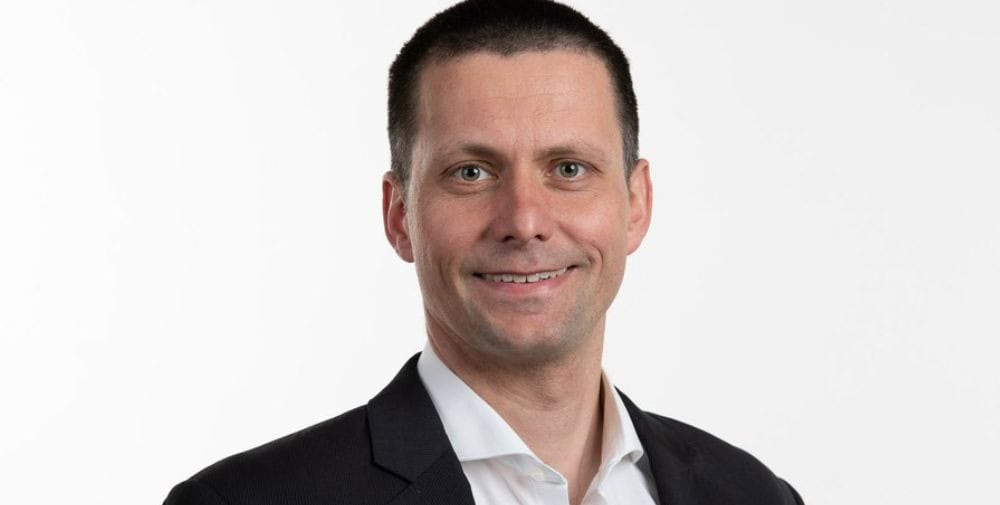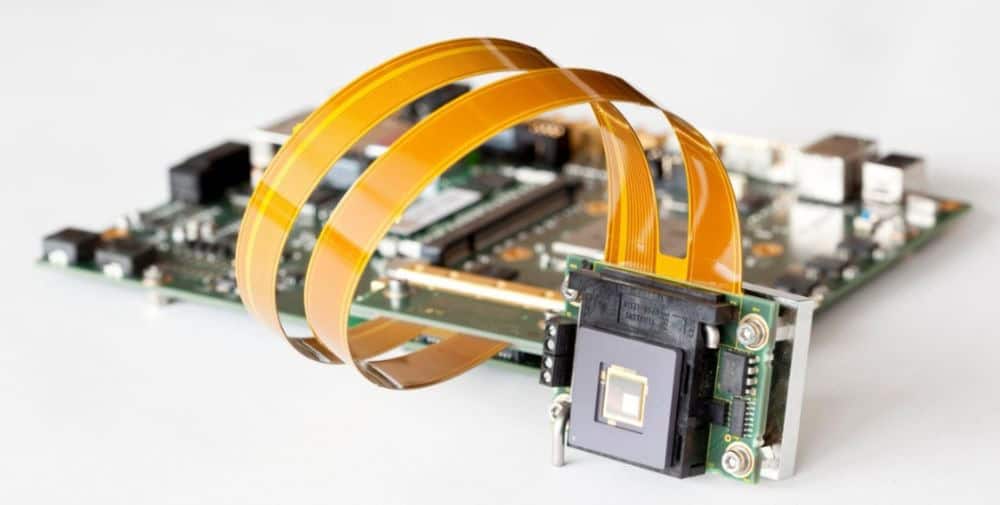
Around 62 million tons of electronic waste are generated worldwide every year – a large proportion of this, around 60 percent, consists of printed circuit boards. They are part of almost every electronic device, from smartphones to computers, and connect the electronic components used in them. Conventional printed circuit boards have two problems: they are made from non-renewable raw materials and they can only be recycled with great effort. In the “UnbeLEAFable” research project, Dr. Hans Kleemann from TU Dresden is focusing on an alternative solution: with the help of bio-based materials and inspired by the structure of natural leaf skeletons, his team is developing sustainable printed circuit boards for recyclable electronics.
The innovation of this research lies in the fact that nature’s synthesis performance serves as a model to help solve a man-made problem. The filigree vascular system of leaves is used as a natural scaffold and filled with bio-based plastics. This creates a new type of material for sustainable printed circuit boards that can replace conventional components. If this succeeds, the project can make a major contribution to a fossil-free future. On the one hand, less energy and no fossil raw materials would be required during production and, on the other, the resulting printed circuit boards would be biodegradable, meaning that the remaining components could be reused. The Joachim Herz Prize, endowed with 500,000 euros, will enable Kleemann to advance his research work until a prototype has been developed that could be adopted by industry in the next step and go into application.
“I am extremely pleased to receive the Joachim Herz Prize 2025. The Herz Foundation is not only recognizing the innovative and interdisciplinary nature of my research activities, but is also highlighting the idea of transformation in particular. The funded project now gives us the opportunity not only to develop recyclable printed circuit boards from natural leaves, but also to conduct completely new research into a wide range of material and process-specific aspects towards a complete circular economy. I am looking forward to exciting years of research and development, and hope that the bio-based material concepts we have invented can make a real contribution to the green transformation of our economy,” says Kleemann.
At the Institute of Applied Physics and the Integrated Center for Applied Physics and Photonic Materials at TUD, he heads the “Organic Devices and Systems” group. Together with his team, he is investigating the question of how electronic systems can be designed sustainably. His work ranges from fundamental physics and materials science issues to process engineering research, system integration and neuromorphic computing methods. In April 2025, preliminary work for his research project “UnbeLEAFable” was awarded an EXIST start-up grant from the Federal Ministry for Economic Affairs and Energy (BMWE).
The Joachim Herz Prize
The Joachim Herz Foundation awards the Joachim Herz Prize to outstanding scientists who use interdisciplinary approaches to provide impetus for a sustainable future. The research prize, endowed with 500,000 euros, honors projects by researchers in an early career phase who wish to deepen their research or pursue the transfer of their research projects into practical application. Part of the funding is the financing of a conference lasting several days, which is planned by the award winners to support their project and carried out together with the Joachim Herz Foundation. The Joachim Herz Prize is awarded annually, alternating between the natural sciences and economics.
Contact
Dr. Hans Kleemann
Institute of Applied Physics
Integrated Center for Applied Physics and Photonic Materials
TU Dresden
Tel.: +49 351 463-43379
E-Mail: hans.kleemann1@tu-dresden.de
– – – – – –
Further links
👉 https://tu-dresden.de
Photo: IAP/TUD



